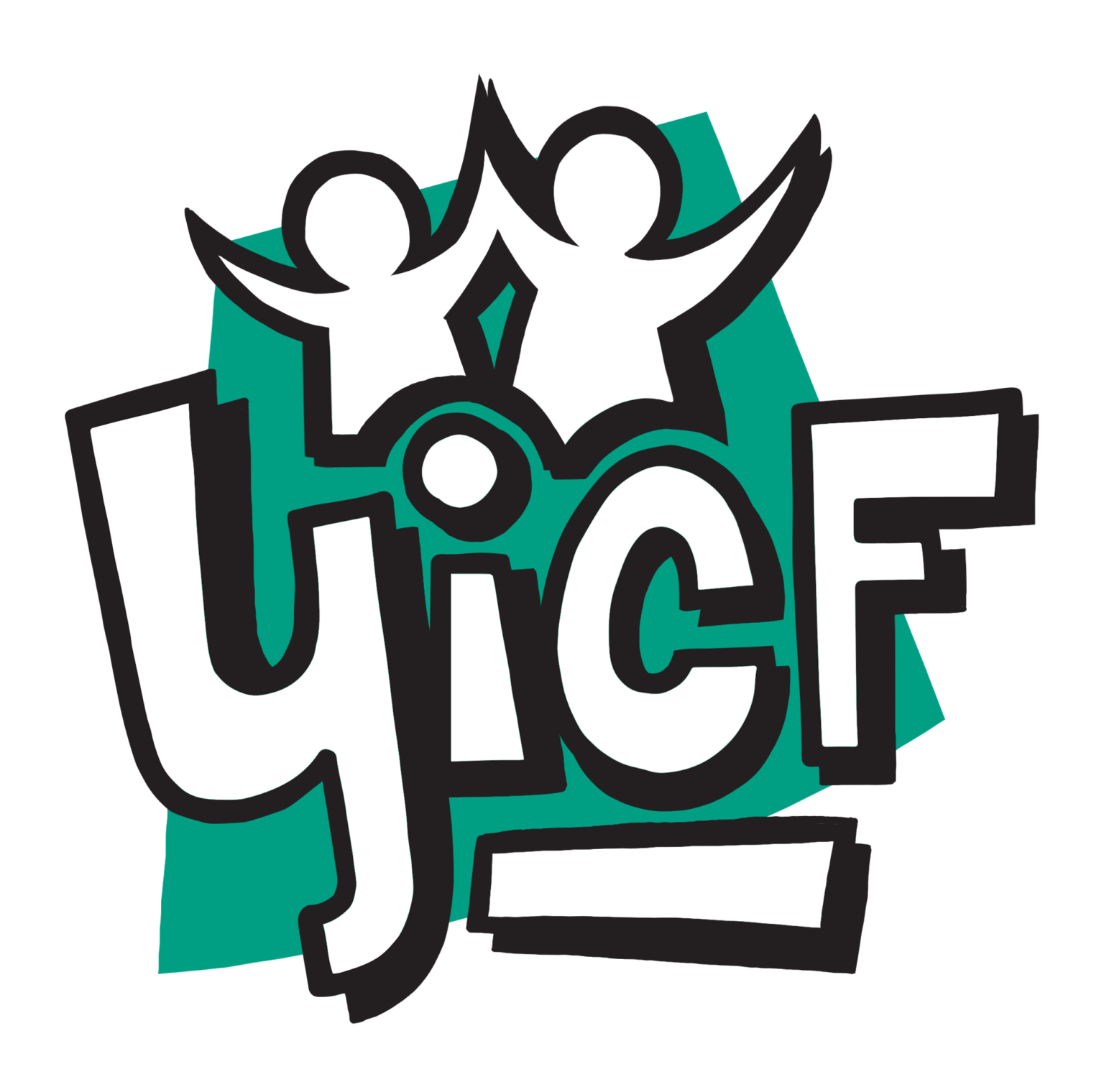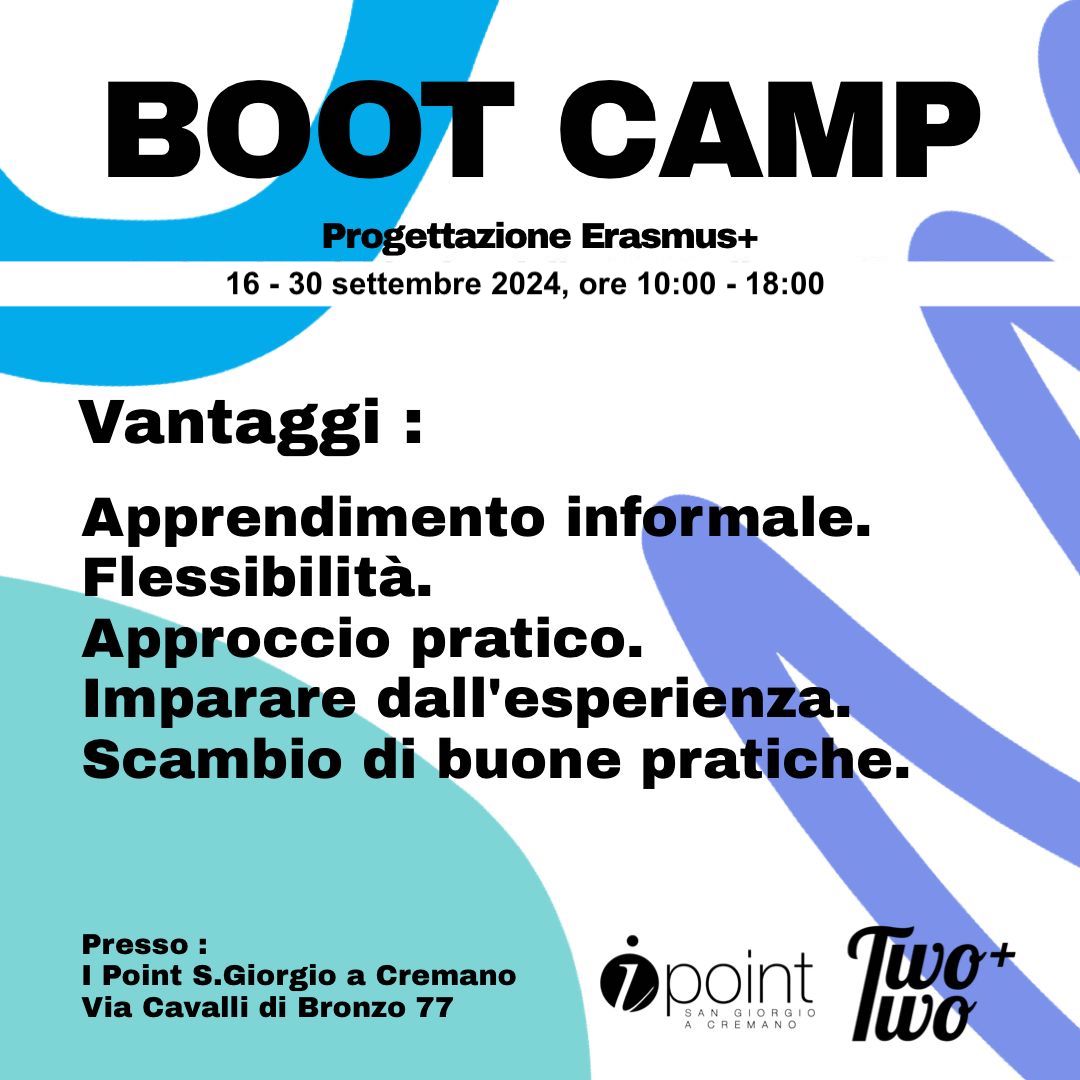
Share now:
Pronunciation tip: “corps” in European Solidarity Corps rimes with “door”
What is it about:
The programme tackles a wide range of fields, from education and training, citizenship and democratic participation, environment and natural protection, migration, culture, and many others, everything that considers solidarity as a building principle to benefit communities, especially the ones struggling with different sorts of natural, social or economic issues, in your own country or abroad. This is where young Europeans can make a change while having an impactful experience and building skills and competences for future personal and professional development.
Mission of the European Solidarity Corps
“The European Solidarity Corps brings together young people to build a more inclusive society, supporting vulnerable people and responding to societal challenges. It offers an inspiring and empowering experience for young people who want to help, learn and develop”
Let’s get more specific, you can take part in:
Cross-border volunteering
Individual (from 2 months up to 12 months) volunteering is a full-time (between 30 and 38 hours a week) experience that allows you to contribute to the daily work of an organisation that is actively benefiting the local community. In some cases, you can take part for a shorter time (from 2 weeks to 2 months) – for example for participants with fewer opportunities, or disabilities.
Team volunteering is for a shorter period (between 2 weeks and 2 months) full-time volunteering (between 30 and 38 hours a week) with people from at least 2 different countries in a group of 10 to 40 volunteers that include people with fewer opportunities. It is usually abroad, though it can be in your home country.
What is covered?
- complementary insurance;
- a range of support services such as linguistic support and training;
- basic costs will be covered (travel to and from the project, accommodation and food);
- a small allowance for personal expenses (€3-6 a day, depending on the country);
- If you have specific needs (e.g. a disability), these costs may also be covered.
If you’re going abroad for individual volunteering, 2 organisations are involved:
- supporting organisation – based in your home country, will help you prepare for your experience abroad.
- host organisation – will receive and help you in your destination country.
You can search for a potential supporting organisation on the accredited/Quality-Labelled organisation database.
Ready to learn more about registration and procedures? https://europa.eu/youth/solidarity/young-people/volunteering_en
Solidarity projects
If there are causes you want to commit to in your local community, and these causes are in line with European values, priorities identified by the EU, such as inclusion, climate change, democratic engagement, citizenship or gender equality, solidarity projects are for you! Bring in a group of at least 5 people (18 – 30 years old, residents of your country) and get engaged in your own project (from 2 to 12 months), that you can work on in your free time. As for the budget for the project, you can expect €500 a month to cover the cost of management and implementation, and in case needed, you can engage a coach for further support.
Unlike other ESC projects, here you apply for direct funding answering to a special call (pay attention to the deadlines!). You can apply yourself, or if you want, you can ask a more experienced organisation to provide you assistance while applying for the funding.
By the way, Twoplustwo has already had an experience of giving such assistance to a group of local youngsters, check this article to learn more.
Check this page for further information about application details, deadlines, procedures and inspiring examples of already funded projects.
Finally, there are some job and traineeships opportunities provided by European Solidarity Corps, there are not many but nevertheless worth mentioning. Check this page to learn more about these opportunities https://europa.eu/youth/solidarity/young-people/traineeships-jobs_en
Now, if you are enthusiastic about European Solidarity Corps but still a little bit confused, take this quiz, that will help you to clear your priorities out.
You’ve checked all website FAQs, but still have questions? Please write to us, we will eagerly help you to understand better European Solidarity Corps programme and other opportunities European Union has prepared for young people.


